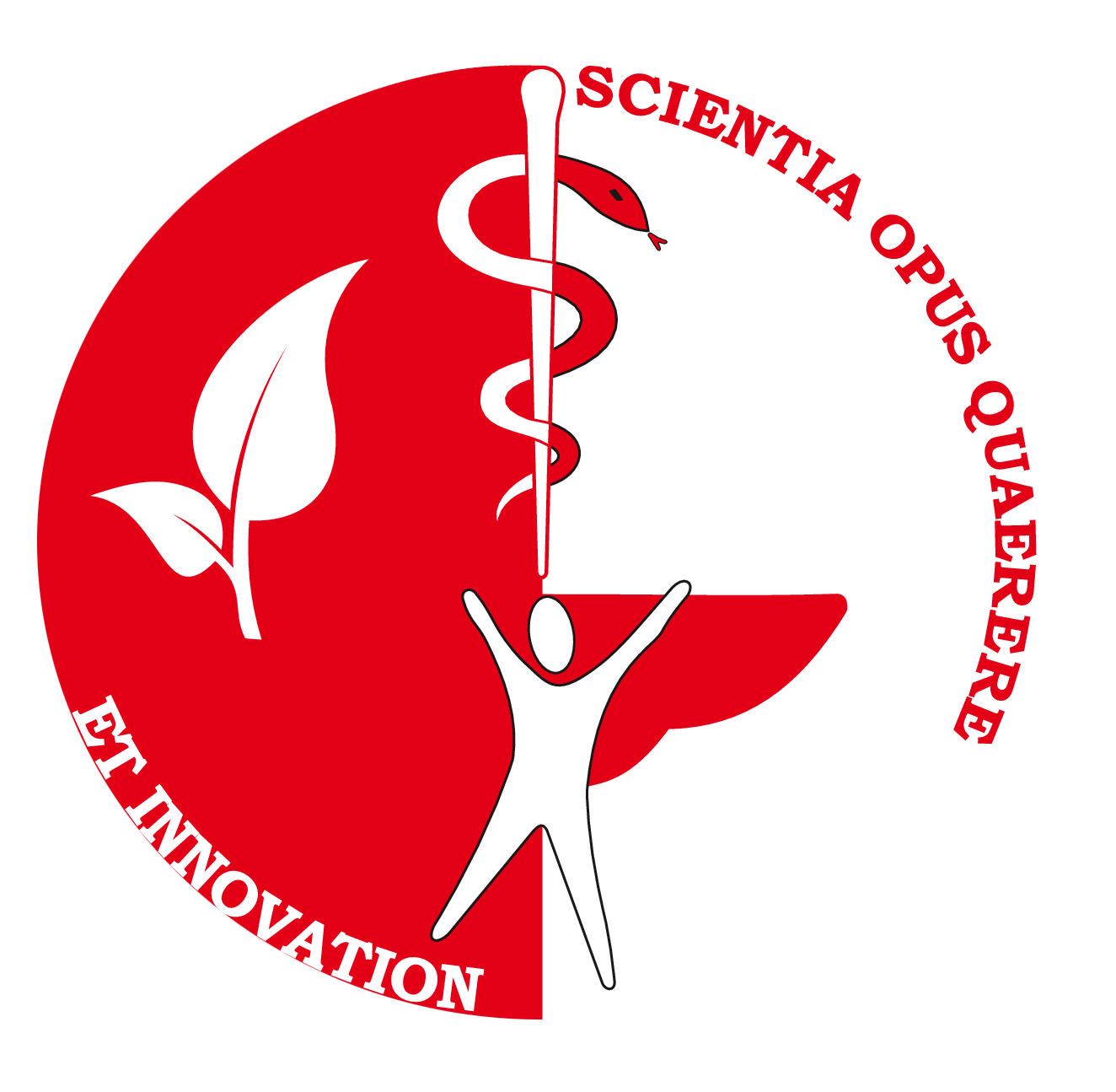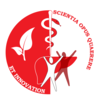The Bone Marrow Separation and Freezing Laboratory carries out the extraction, cryo-freezing and long-term storage of bone marrow cells and peripheral blood stem cells. Open in 2010.
The idea of creating an individual stock of stem cells appeared a long time ago and since then has gained a lot of weighty arguments. Cord blood for your child began to be stored in private cord blood banks back in 1992 in the United States. Today, there are at least 400 such banks in the world. The first deposits were stored as a single dose of whole cord blood. With time and experience gained, processing methods have changed, and the optimal cryoprotectant (a substance that protects stem cells during storage at ultra-low temperatures) has been selected.
A joyful event awaits you - the birth of a child. Give him a priceless gift! Preserve newborn stem cells contained in umbilical cord blood.
The collection and storage of cord blood stem cells is a modern medical technology, a form of health insurance, because once obtained stem cells can be stored for decades.
Cord blood is the blood that remains in the umbilical cord and placenta after childbirth and must be destroyed. In fact, it is one of the most promising sources of stem cells.
We offer you a unique opportunity to preserve these cells. They are 100% suitable for your child without the risk of incompatibility and rejection if necessary. With a high probability, these stem cells may be suitable for your child's brothers and sisters. The cells will be extracted, frozen and placed for long-term storage in the cryogenic storage of the Stem Cell Bank.
In the future, these stem cells can be used to treat a number of serious diseases if they occur in a child or close relatives.
Stem cells are the core of life, the source from which all other cells of the body are formed. Throughout life, cells divide and replace those that have been damaged - such a mechanism ensures the life and development of the organism. Now human stem cell transplantation has become part of modern medicine, and perhaps the therapy of the future. With its help, patients with diseases of a tumor, congenital and hereditary nature are treated.
Cord blood-derived stem cells have great potential. This means that their ability to turn into the cells needed by the body is much more powerful. The concentration of useful cells in umbilical cord blood is greater than in the bone marrow and in the blood of an adult, and the procedure for isolating them is simpler, cheaper and safer. In addition, cord blood stem cells are safer to use, less likely to cause complications and rejection during treatment. Successful umbilical cord blood cell transplantation can be performed even with partial incompatibility of the donor and recipient, which is unattainable in the case of bone marrow. If we compare transplantation of bone marrow cells and umbilical cord blood cells, the dose of "young" umbilical cord blood stem cells used is several times lower than the dose of cells from the bone marrow of an adult with a similar effect.
The main advantage of these cells (in personal storage) is the absolute genetic identity of the cells of the child from whose cord blood they were obtained, and instant availability, in contrast to the search for a compatible bone marrow donor, which sometimes takes years.
Obtaining cord blood stem cells is an absolutely safe, painless process that does not involve contact with the child or mother. The collection is carried out by an obstetrician who, after the birth of the child, pinches and cuts the umbilical cord. Then the volume of blood remaining in the umbilical cord is collected in a sterile system and delivered to the Bank, where the procedure for isolating stem cells is carried out. The Bank does not store cord blood itself, but stem cells isolated from it.
From the moment cord blood is received to the start of stem cell isolation, no more than 12-24 hours can pass (provided that it is properly stored at 18-23 ° C). In the next 24 hours, the number of viable stem cells decreases significantly.
Cord blood is processed automatically (on the Sepax apparatus) or manually (sedimentation technique), and undergo careful bacteriological and virological control. The blood type and Rh factor of the child, the total number of cells and the number of stem cells, their viability are also determined.
Cells are frozen in an automatic program freezer, then placed in an individual cell in cryostorage. Cryostorages with automatic control of the level and supply of liquid nitrogen are used to store the isolated stem cells. The isolated stem cells are stored in liquid nitrogen at temperatures below 196°C. This allows you to save them almost without loss.
It is believed that stem cells can be successfully stored almost forever and remain viable after thawing. Our experience in storing stem cells isolated from cord blood has shown that cells frozen 12 years ago retain almost 100% viability.
Our contract is concluded for 18 years - until the child comes of age. When the contract is expired, it can be extended by the parents, or re-signed to the person whose cells are stored.
An absolute contraindication for long-term storage of cord blood stem cells is positive test results for HIV, hepatitis B and C, syphilis, as well as bacterial or fungal infection of cord blood.
Relative - low cell content due to insufficient cord blood.
WE OFFER TWO METHODS FOR EXTRACTION OF STEM CELLS FROM CORD BLOOD
SEMI-AUTOMATIC METHOD – sedimentation method using 6% hydroxyethyl starch.
AUTOMATIC METHOD – processing is carried out on a cord blood stem cell separator - Sepax (Biosafe, Switzerland). This method is an internationally recognized standard for stem cell isolation.
The advantages of the automatic method of stem cell isolation are the maximum yield of well-purified stem cells, the absence of the influence of the human factor and the risk of microbial agents entering the cord blood.
The choice of method depends on the wishes of the parents!
If you have any questions or want to book an appointment with a medical specialist, please call:
+375 29 33-11-969
+375 29 699-11-03
+375 17 371-00-22
+375 17 371-00-26
Head of the department:platnoyslygi@mail.ru




